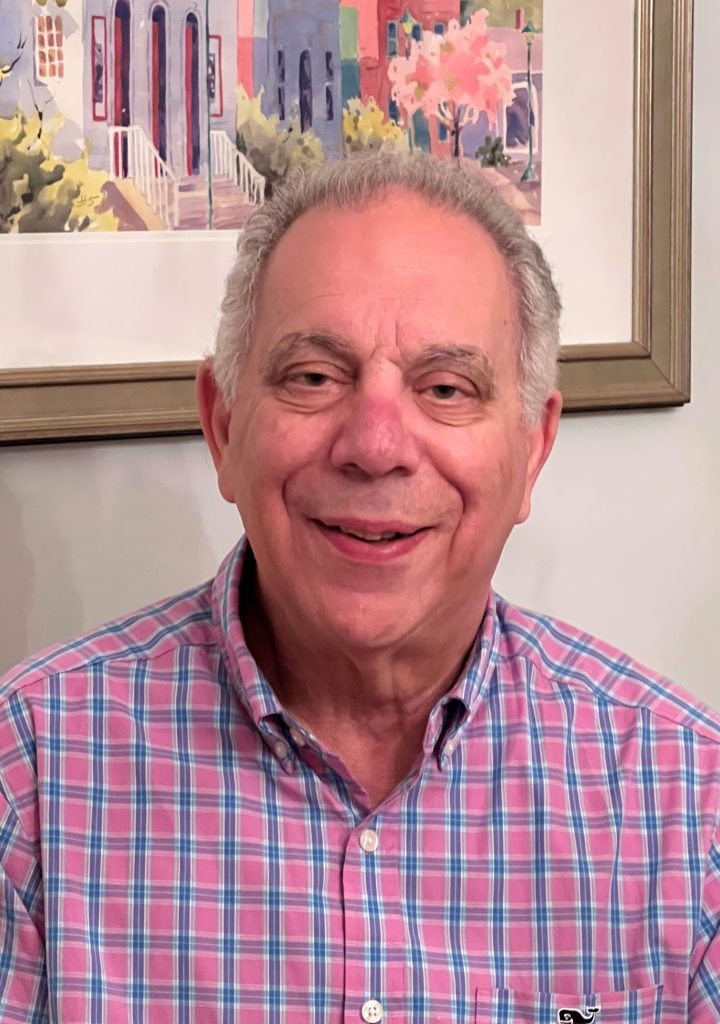
March 27, 2024 By Glenn Mangurian
Listen to the news and you hear reports of political leaders who lie, give lip service to the law or use their power to undermine others. Many criticize politicians who seem to be quiet and allow these transgressions to go unchecked and thereby to continue. Those in positions of power often expect or even demand loyalty. The media attempts to reveal these transgressions. Switch television channels, however, and you will hear different versions of the truth. We seek those versions of the truth that resonates with what we want to hear.
Challenges Transcend Politics
It is common to feel vulnerable speaking truth to power. These challenges are not confined to the political sector. They occur every day in business and not for profit organizations where safe discourse is not a cultural practice. Speaking truth to power means taking a stand and believing deeply in what you say with a potential risk of punishment. Put another way, speaking truth to power takes courage to counter the fear of an angry and retaliatory response. Not all are prepared to take that risk. It is often more convenient to keep their thoughts to themselves. Is this a dereliction of responsibility? That’s how it may look but our own response could be similar.
David Gergen’s Perspective
About 17 years ago I had the opportunity to interview former Presidential Advisor, David Gergen. Gergen served as an advisor to Presidents Nixon, Ford, Reagan and Clinton. My first question to Gergen was, “How do you advise the leader of the free world?”
Gergen responded, “Carefully. In terms of talking to Presidents, the first hard thing to learn to do is to speak truth to power. Sometimes you can be out of step with what the President wants to hear and you risk disfavor. It is probably even more important to speak conscience to power. The importance when speaking truth is to talk about values.”
“Those in power know the truth already, and are busy concealing it.” – Noam Chomsky, historian, social critic and political activist
Learning Respect for Authority
As children, we are taught to respect and obey our parents, our elders, our teachers, and others in authority. There are many reasons why we might be reluctant to “speak up” – fear of authority is just one of them. Power relationships are not just limited to those with position authority. There are many forms of power difference such as gender, education level, socio-economic status, race and nationality.
Are Others Straight with You?
You may not realize it but every day there are situations in which you are the powerful one. People around you may think twice before they speak to you. They may hold back out of respect or prefer being polite rather than risk your disfavor. Have they learned to discern what you want to hear and then tell you that regardless of what they actually believe? In these situations you get a sanitized version of the truth.
We need to recognize our own power and how it impacts the way others relate to and communicate with us. We may unconsciously send “shut up” signals not “speak up” ones. Think about one or two people that you would like to hear more from. Why don’t they speak up more? Do you authentically invite them? What do you do that silences others around you? Have you created a trusting and safe environment in their eyes? Even when we feel open and approachable, others may feel fearful and become guarded.
It takes authentic humility and skill to invite and then listen to truth. That’s a lesson for all of us.
Glenn Mangurian is a Hingham resident of over 40 years. His book, Pushing the Edge of Thought, Possibility, and Action, is available on Amazon. He welcomes your comments and can be reached at gmangurian@comcast.net



